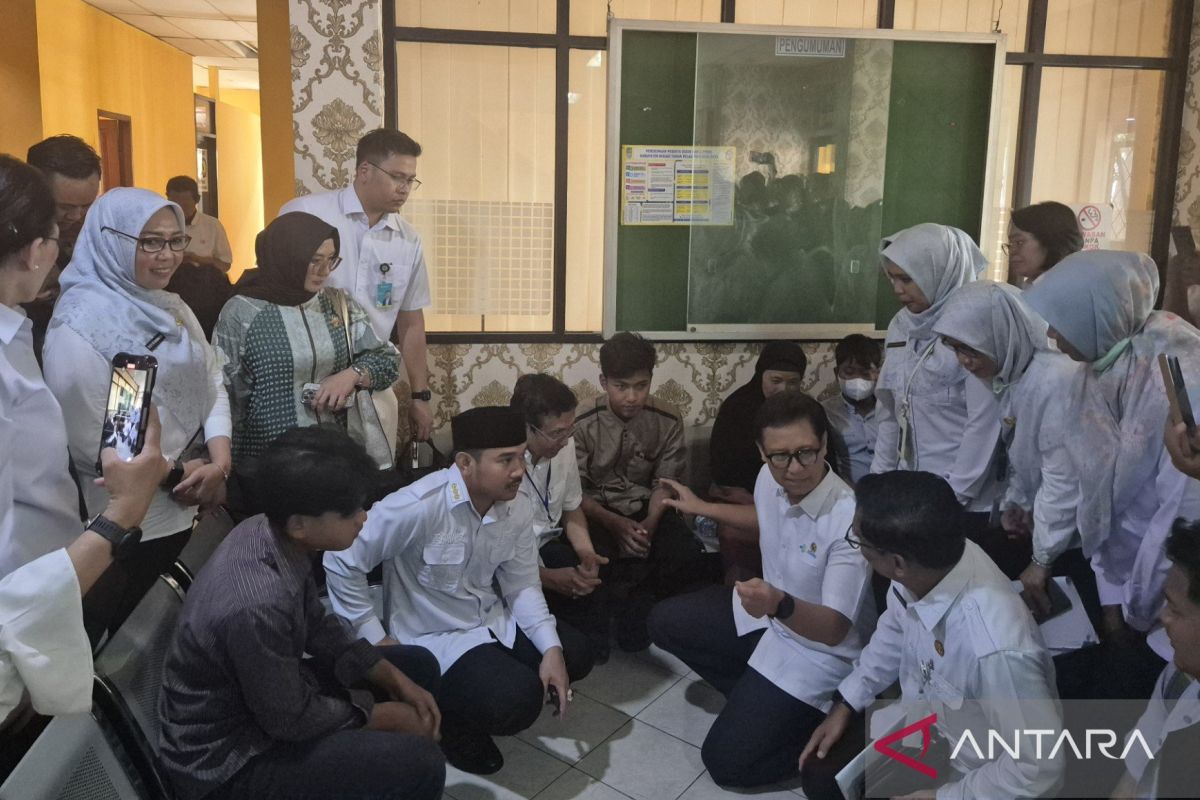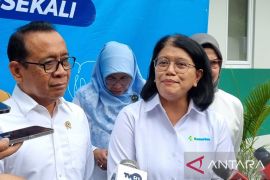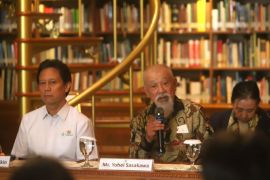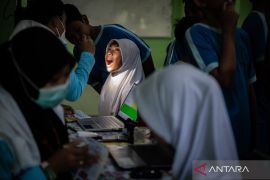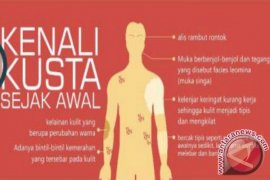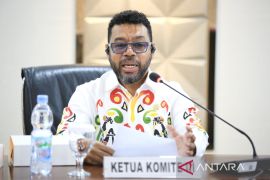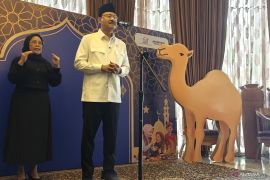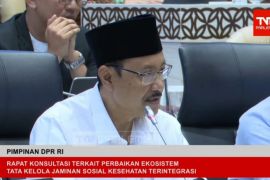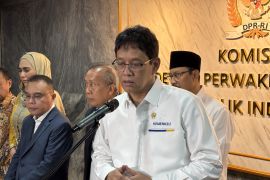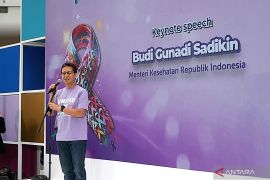“Leprosy is contagious. (However) It is not easily transmitted, and it is highly curable,” the minister said on Wednesday.
Sadikin noted that interventions are being carried out in several areas with high leprosy rates, such as Pamekasan, Brebes, and Bekasi district, that include administering medication for both treatment and prevention.
“There is only one strategy to treat this disease: find as many people as possible, as quickly as possible, along with the provision of medication to handle the case quickly. The medication is available, unlike COVID-19, when we had to find the medicine,” he said.
He then urged the public to take advantage of President Prabowo’s Free Health Check (CKG) program to screen for diseases, including infectious diseases such as leprosy.
According to the minister, the disease, which is caused by microbacteria, can be eliminated faster if all stakeholders work together to address and prevent it.
“West Java Governor will prepare a reward for the region with the most leprosy cases found. Leprosy sufferers should not be afraid or ashamed. Leprosy has been around since the 1800s, when people used to think it was a curse,” Sadikin informed.
The head of Bekasi district, Ade Kuswara Kunang, said he has instructed the health office to conduct outreach and socialization regarding leprosy prevention, given that the disease can also be transmitted to children.
Meanwhile, Alamsyah, head of the Bekasi District Health Service, said that the number of leprosy cases in the region has reached 306, the highest level in West Java province. Thus, a regional action plan is needed to address the infectious disease, he added.
His office has implemented several leprosy intervention programs, including active and passive surveillance at each community health center (Puskesmas) for early case detection and free, standardized multi-drug therapy (MDT).
They further include increasing the capacity of health workers, including doctors, nurses, and sanitarians, in leprosy management through training; conducting health education programs to raise public awareness; ensuring an effective referral network from primary to secondary health facilities; and pursuing cross-sectoral collaboration.
“Leprosy is not a disgrace, but it must be addressed immediately. With the collaboration of all relevant stakeholders, we can achieve leprosy elimination by 2030,” Alamsyah said.
Related news: BRIN continues infectious disease drug research with Malaysia, Japan
Related news: Indonesia urges public to join free health screening program
Related news: Risk communication crucial in infectious diseases prevention: Ministry
Translator: Pradita Kurniawan, Resinta Sulistiyandari
Editor: Azis Kurmala
Copyright © ANTARA 2025
